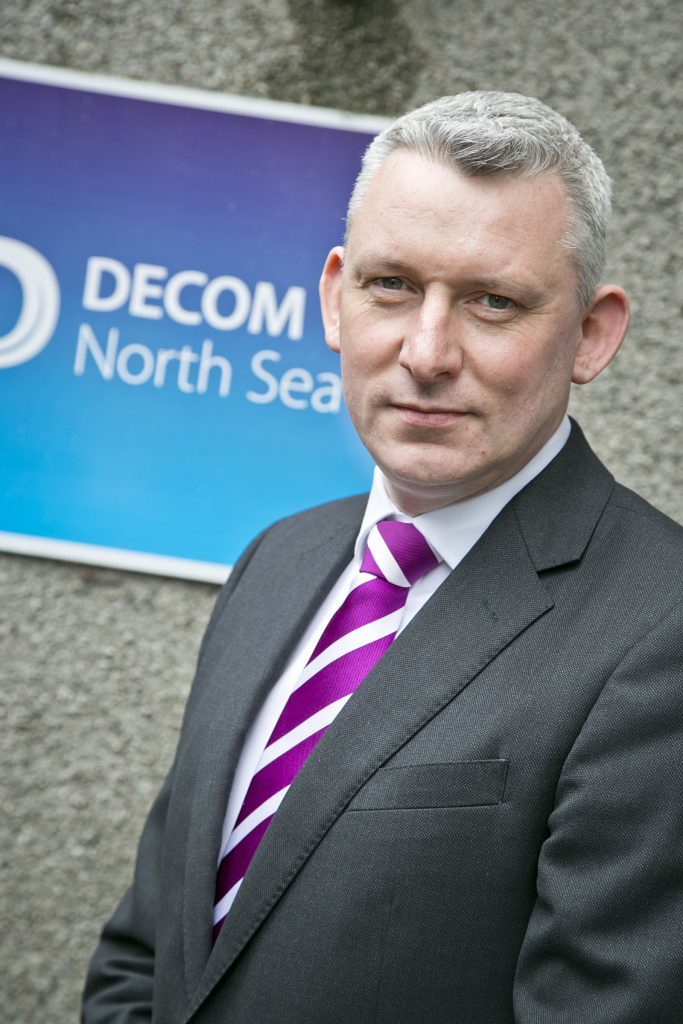
Most of us are aware of the decommissioning projects that have made the headlines in recent months. To some, a ground-breaking event like the single lift removal of the Brent Delta topside might be sufficient reason alone to place decommissioning on the Offshore Europe agenda.
However, seminal though that project is, there is much, much more to the decommissioning sector that may not be visible. Significant levels of activity are well underway in parts of the North Sea, but are not making the headlines. Take, for example, the well-established Well Plugging and Abandonment programme within the Southern North Sea, the increasing number of active UK and Norwegian decommissioning projects, or the fact that the number of plans submitted for regulatory approval is also increasing.
More than 100 platforms are forecast for full or partial removal, 1,800 wells are to be plugged and abandoned and over 7,000km of pipeline are to be decommissioned over the next decade. Whilst the majority of these decommissioning projects will not happen instantly, it’s clear that the operators and regulators are planning for the inevitability of decommissioning. In other words, they are undertaking the fundamental planning required for cost-effective efficient decommissioning, which includes the management of mature basins like the North Sea and its late life assets, while at the same time, maximising the recovery of oil and gas reserves. Decommissioning needs to be considered as part of the overall field lifecycle and it is in this way that the oil and gas supply chain will have the opportunity to win the work that is available now and in the future both locally and crucially, globally.
The inaugural Decommissioning Zone at SPE Offshore Europe 2017 is an important step for the sector and the wider industry. Not only will it showcase the innovative capabilities of its exhibitors, but its comprehensive programme of conference sessions will provide knowledge and insight into the opportunities and issues arising within the decommissioning sector. It is this type of engagement that will ensure the North Sea decommissioning sector becomes highly competitive, highly capable and – in due course – an important export, as we become recognised as the decommissioning experts on a global scale.
Roger Esson is the chief executive of Decomm North Sea.
Recommended for you
